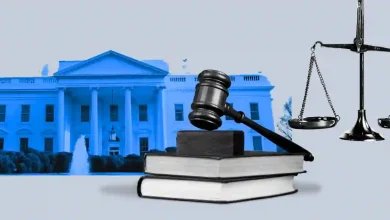
In a significant legal development that underscores the evolving landscape of digital asset regulation, a Texas court has mandated that Richard Ahlgren III, a prominent early Bitcoin investor, relinquish access to private keys governing $124 million in cryptocurrency. This decision emerges in the wake of Ahlgren’s conviction in a precedent-setting case centered on tax-related cryptocurrency fraud, illustrating a crucial moment in the enforcement of digital asset laws.
The Court’s Ruling
U.S. District Judge Robert Pitman has mandated that Ahlgren disclose the encryption keys to his cryptocurrency wallets and identify all storage devices containing digital assets. This legal measure aims to recover $1 million in restitution owed by Ahlgren following his conviction. While the court permits limited access to funds for essential living expenses, Ahlgren and his associates are strictly prohibited from transferring or concealing the assets without prior judicial approval.
Background of the Case
Known by his alias “Paco,” Richard Ahlgren faced a seven-count indictment in 2023, accused of misreporting capital gains from $3.7 million worth of Bitcoin transactions. Prosecutors from the Department of Justice (DOJ) unveiled Ahlgren’s use of advanced blockchain techniques to obscure his financial gains, coupled with false statements to his accountant regarding his earnings. Acting Deputy Assistant Attorney General Stuart M. Goldberg emphasized Ahlgren’s deliberate attempts to conceal his activities, highlighting the case as a pivotal moment for cryptocurrency tax compliance.
Why This Matters
This case sets a compelling precedent for addressing tax violations involving cryptocurrency, demonstrating the government’s authority to compel individuals to grant access to digital assets when criminal activities are involved. Furthermore, the ruling underscores the growing emphasis on cryptocurrency enforcement. According to blockchain intelligence firm Elliptic, U.S. regulators are intensifying their efforts, while lawmakers are actively working to establish clearer regulatory frameworks for the crypto industry.
Conclusion
The implications of this court ruling extend beyond the immediate case, potentially shaping the future of cryptocurrency regulation and enforcement. As digital assets become increasingly integrated into the global financial system, legal precedents like this one will play a crucial role in defining the boundaries of compliance and accountability. Stakeholders in the cryptocurrency space must remain vigilant and informed as legal frameworks continue to evolve.






